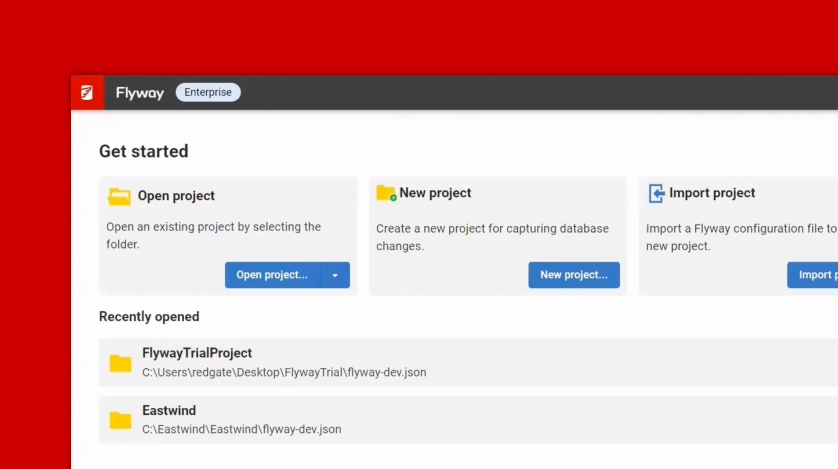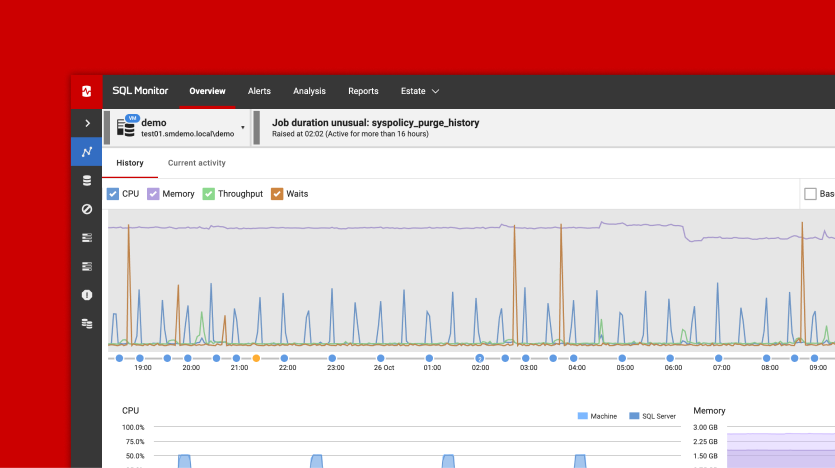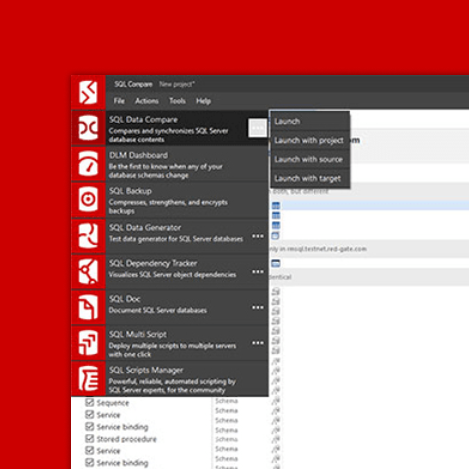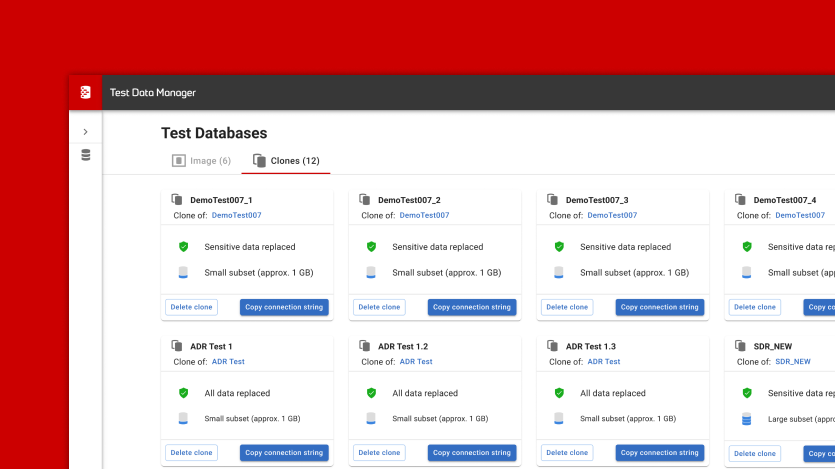5 challenges to scaling DevOps at enterprise level
 Deciding that your organization needs to kick-start its future growth plans with a digital transformation initiative is as exciting as it is daunting. No matter what your industry – financial services, insurance, media, retail, travel – disruption is here and more is coming, and you know you must respond.
Deciding that your organization needs to kick-start its future growth plans with a digital transformation initiative is as exciting as it is daunting. No matter what your industry – financial services, insurance, media, retail, travel – disruption is here and more is coming, and you know you must respond.
Digital transformation means a wholesale change that will rock the very foundations of your business model. Fear of the new can be crippling – a sense of the risk that may be involved with such a serious undertaking can put up cautionary barriers that hinder your organization’s path to progress and future survival.
Make no bones about it, the need to transform is urgent, especially for established companies still running legacy operations.
At an organizational level, keeping pace with the competition means developing and deploying new digital services; establishing a new operating model for IT that increases the speed at which new and/or altered products are brought to market, and improving operating efficiency.
This means DevOps.
DevOps is an emerging model of product delivery that facilitates higher and faster rates of change through the optimization of development and delivery processes. It’s a working culture that breaks down the traditional siloes between development, operations and all stakeholders in the delivery process, ultimately driving better business outcomes more rapidly.
We and many in our industry believe successful digital transformation initiatives will need DevOps to be the driving force. DevOps techniques are already being used by 74% of technology professionals working today (at enterprise level, this figure rises to 81%), and IDC believes that 80% of the top 1,000 companies will be embracing DevOps practices by 2019.
DevOps scaling challenges
Many large enterprises launch small DevOps initiatives within certain departments, but subsequently find that scaling DevOps across the organization faces a number of challenges that must be overcome.
Lack of sponsorship
In order for DevOps to succeed throughout an organization, buy-in is needed from senior leadership. The value of DevOps needs to be demonstrated and shown how it can be applied across the organization to drive profitable change. Ultimately, without senior endorsement, DevOps will not get the support and funding needed to scale.
Inflexible command and control structures
A fundamental principle of DevOps is to realize rapid progress and improvement. However, such is the hierarchical culture of command and control within many large enterprises, slow and complex approval processes stand in the way of DevOps even getting off the ground.
Over-dependence on static outsourcing models
The pace of technology advances has left many companies struggling to keep up. Knowledge gaps have emerged and project managers have relied too heavily on outsourcing to counterbalance in-house skills shortages. In such circumstances, organizations find themselves simply unequipped to suddenly change direction or try something new, and are therefore unable to respond to new customer demands.
Reinforced change-resistant culture
Success with DevOps will influence change upon nearly every aspect of IT and many other parts of the business. But fear of such change – especially amongst long-serving staff – creates a culture of resistance. However, some staff members will be keen to learn new approaches and technologies, and will want to further their careers. If the organization cannot provide such opportunities, then they will be attracted elsewhere which can reinforce the change-resistant culture in the company they leave behind.
Fear of the 'fail fast' principle
“Fail fast” is a concept that tends to raise eyebrows amongst those not familiar with the discipline. Failure is of course not a desirable outcome, but certain mistakes or failures are bound to creep in when building software – it’s just the nature of the practice, and a fact of life.
The point of “fail fast” is that if certain failures are inevitable, organizations should detect them quickly, fix the problem, and learn from it. Its unfortunate nomenclature appears to go against the grain, but in fact it is one of the most efficient principles in practice.
How you can scale DevOps to enable digital transformation
Many of the above challenges are simply perception issues. Changing perceptions, therefore, is key to enacting the changes that are required to enable the DevOps imperative for organizations wishing to survive and compete in the future.
Not just among the people around you, but right across development, operations, and every other stakeholder in the delivery process.
 |
| Are you looking to get started on your DevOps journey? Call DevOpsGroup on 0800 368 7378 or email the team |
 |
| Discover more about applying DevOps processes to the database on the Redgate solutions page |





